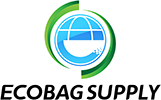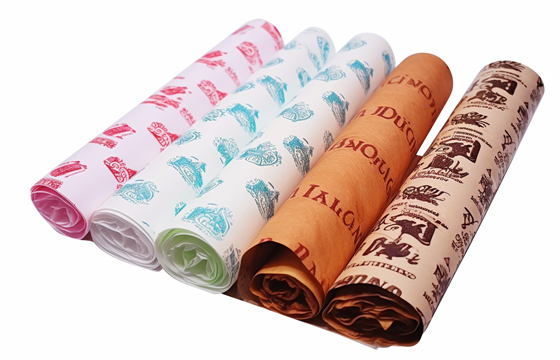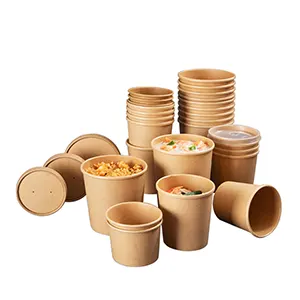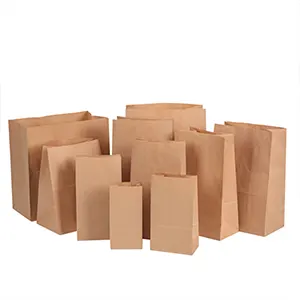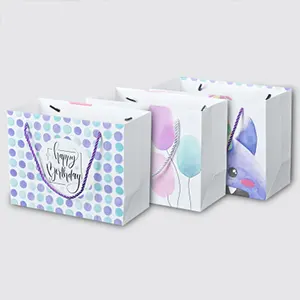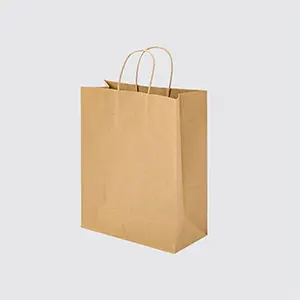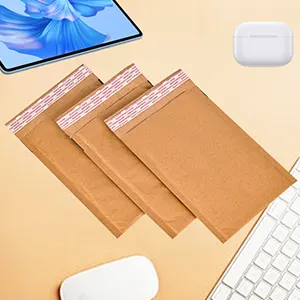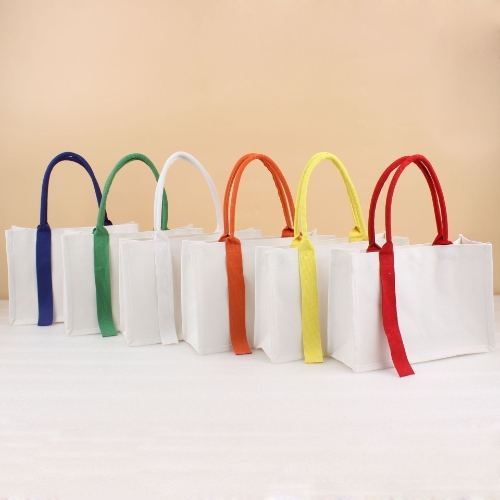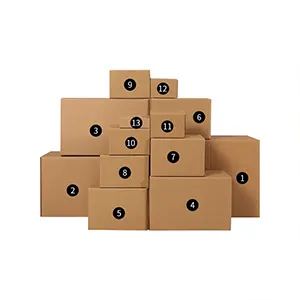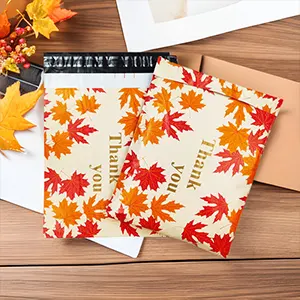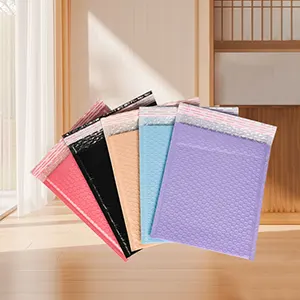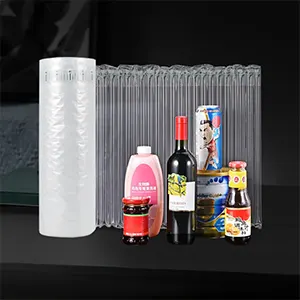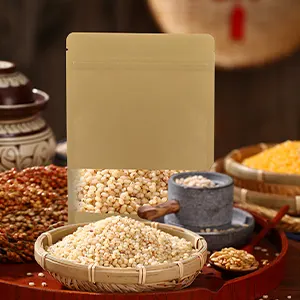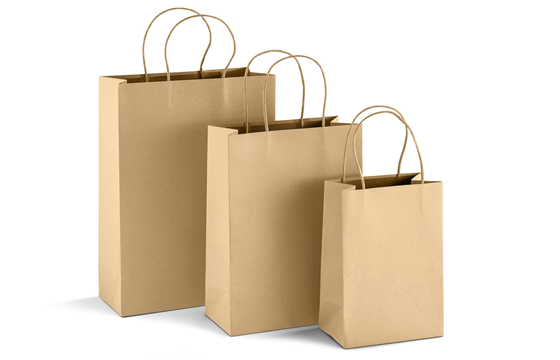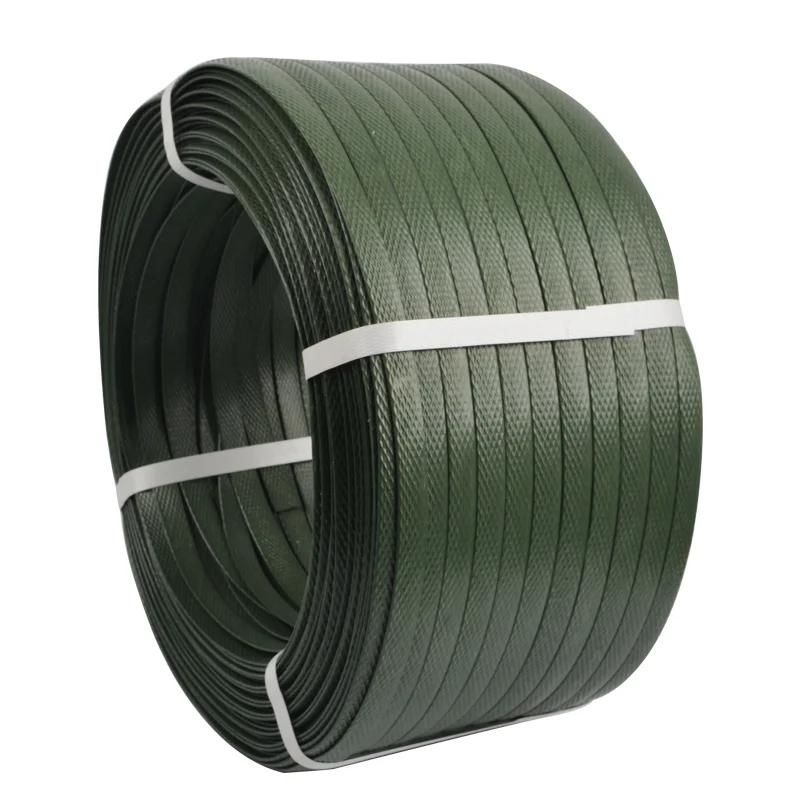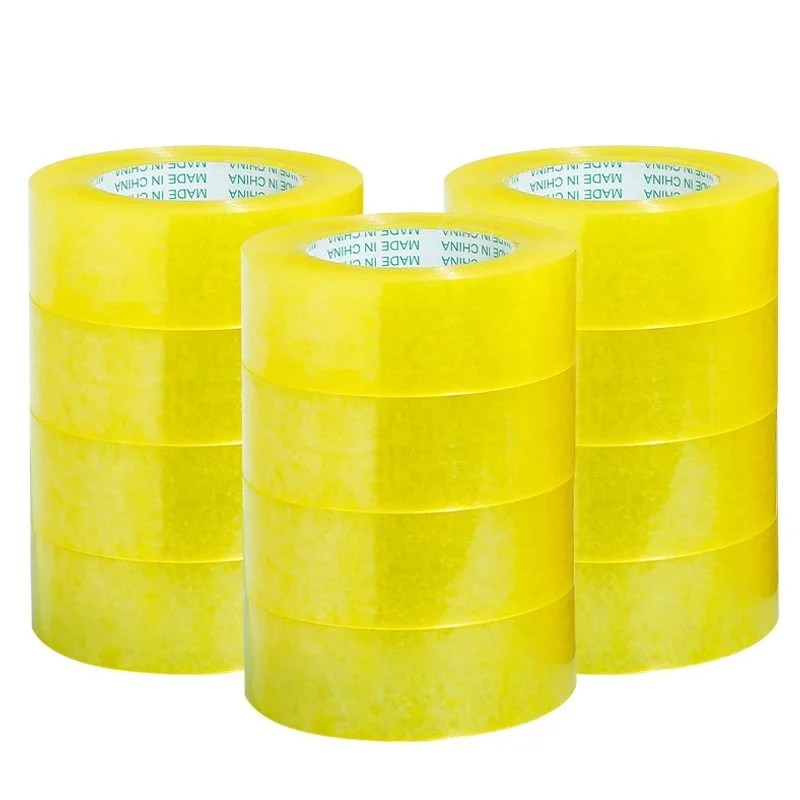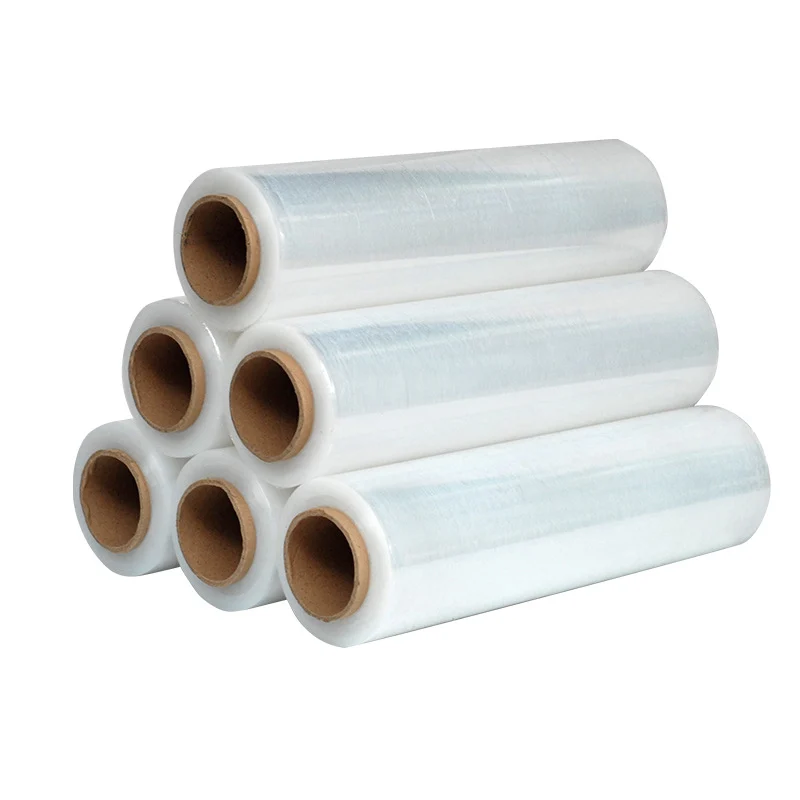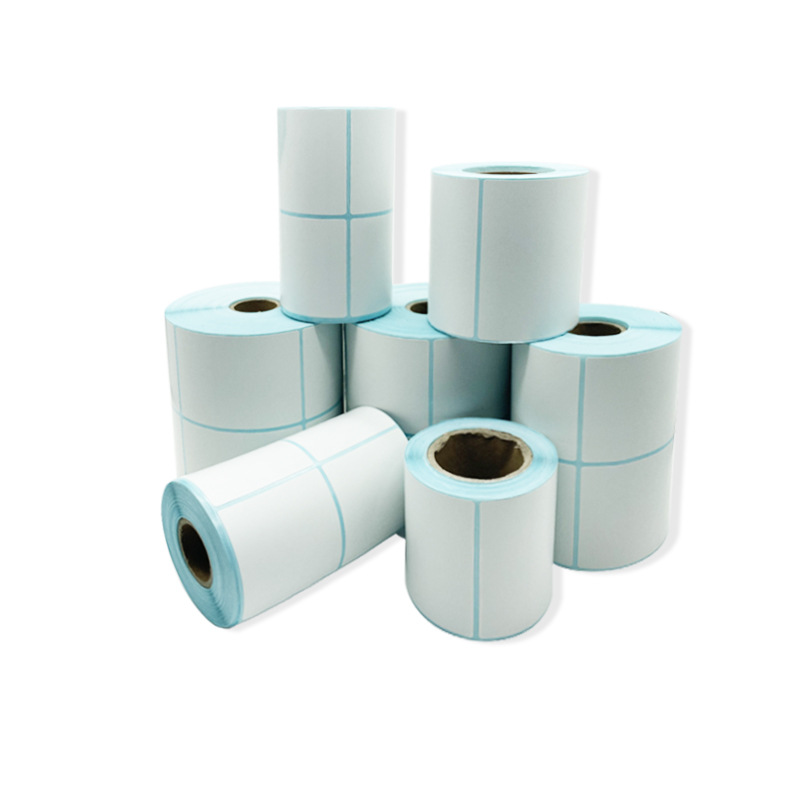Wholesale Suppliers of Recycled Packaging Materials: A Sustainable Solution for Businesses
With growing concerns about environmental pollution and plastic waste, businesses worldwide are switching to recycled packaging materials as a sustainable alternative. Traditional packaging, often made from single-use plastics, contributes significantly to landfills, ocean pollution, and carbon emissions. In response, many companies are seeking wholesale suppliers of recycled packaging materials to reduce their environmental footprint and meet consumer demand for eco-friendly products.

Recycled packaging materials are made from reused paper, cardboard, plastic, and biodegradable plant-based alternatives. These materials not only help reduce waste but also conserve natural resources and support a circular economy. Wholesale suppliers play a critical role in providing cost-effective, sustainable packaging solutions to businesses in industries such as e-commerce, food and beverage, retail, and logistics.
In this article, we will explore the importance of recycled packaging, the different types available, the top wholesale suppliers, the challenges businesses face, and the future of sustainable packaging.
Why Recycled Packaging Materials Matter
Recycled packaging materials are essential in reducing waste, conserving energy, and lowering carbon emissions. Every year, millions of tons of plastic and paper packaging waste end up in landfills and oceans, causing severe damage to the environment. By using recycled packaging, businesses can minimize their environmental impact and contribute to a more sustainable future.
Reducing Landfill Waste
Traditional packaging materials, especially plastic and Styrofoam, take hundreds of years to decompose. In contrast, recycled packaging materials help reduce the amount of waste sent to landfills by reusing materials that would otherwise be discarded.
For example, recycled paper and cardboard can be used to create new packaging boxes, reducing the need for virgin paper production. Similarly, recycled plastics can be transformed into mailers, containers, and shipping materials, preventing unnecessary waste.
Conserving Natural Resources
The production of new packaging materials requires vast amounts of water, trees, and fossil fuels. For example, making one ton of new paper requires 17 trees and 7,000 gallons of water. By using recycled materials, businesses can help preserve forests, reduce water consumption, and lower their carbon footprint.
Many wholesale suppliers now provide FSC-certified paper products, ensuring that the materials come from responsibly managed forests and recycled sources. This helps businesses meet sustainability goals while reducing their reliance on raw materials.
Lowering Carbon Emissions
The production of plastic, paper, and metal packaging generates significant carbon emissions, contributing to climate change. By using recycled packaging materials, companies can reduce the energy required for production and lower greenhouse gas emissions.
For example, manufacturing recycled aluminum packaging uses 95% less energy than producing new aluminum from raw materials. Similarly, producing recycled paper reduces energy use by 60% compared to virgin paper production.
These environmental benefits make recycled packaging an essential choice for businesses looking to operate more sustainably and reduce their impact on the planet.
Types of Recycled Packaging Materials
Wholesale suppliers offer a variety of recycled packaging materials to meet the needs of different industries. Some of the most common materials include recycled paper, cardboard, plastics, biodegradable plant-based packaging, and compostable alternatives.
Recycled Paper and Cardboard
Recycled paper and cardboard are widely used in shipping, retail, and food packaging. These materials are lightweight, biodegradable, and easily recyclable, making them a preferred choice for eco-conscious businesses.
Common uses include:
- Recycled cardboard boxes for e-commerce and shipping.
- Paper mailers and envelopes made from recycled paper.
- Biodegradable paper wraps for food and fragile products.
Many wholesale suppliers now offer FSC-certified recycled paper to ensure that businesses receive high-quality, sustainable packaging.
Recycled Plastic Packaging
While plastic is often seen as a major pollutant, recycled plastic packaging provides a more sustainable alternative by reusing existing materials. Many companies now offer recycled PET (rPET) plastic, which is made from used plastic bottles and containers.
Common applications include:
- Recycled plastic mailers for shipping products.
- Recycled plastic containers for food and beverages.
- Shrink wrap and bubble wrap made from post-consumer recycled plastic.
Using recycled plastic packaging helps reduce plastic pollution, keeps materials in circulation, and supports the growth of the circular economy.
Compostable and Biodegradable Packaging
For businesses looking for fully sustainable options, many wholesale suppliers provide compostable and biodegradable packaging made from plant-based materials. These packaging materials break down naturally without leaving harmful residues.
Examples include:
- Mushroom-based packaging that replaces Styrofoam.
- Cornstarch-based mailers that decompose in composting facilities.
- Sugarcane fiber packaging for food containers and takeaway boxes.
These innovative materials offer businesses an eco-friendly solution while ensuring durability and functionality.
Top Wholesale Suppliers of Recycled Packaging Material
Several global suppliers specialize in wholesale recycled packaging, providing businesses with sustainable and cost-effective solutions. Here are some of the leading companies:
Vegware
- Specializes in compostable and biodegradable packaging for the food and beverage industry.
- Products include plant-based cutlery, coffee cups, and food containers.
- Available in over 70 countries, with a strong focus on commercial composting solutions.
Duro Bag Manufacturing
- One of the largest paper bag manufacturers, offering 100% post-consumer recycled fiber bags.
- Provides grocery, shopping, and merchandise bags for retailers.
- Works with FSC-certified paper sources.
Stampa Prints
- Offers custom-printed recycled packaging, including rigid boxes and kraft paper bags.
- Uses biodegradable inks and FSC-certified paper.
- Certified by the Forest Stewardship Council (FSC) for sustainable sourcing.
ALPLA Group
- Specializes in recycled plastic packaging, including bottles, caps, and containers.
- Has over 200 production plants in 46 countries.
- Focuses on recycling and reducing plastic waste.
Ecovative Design
- Develops mushroom-based biodegradable packaging as an alternative to Styrofoam.
- Works with major brands to create eco-friendly protective packaging.
- A leader in sustainable packaging innovations.
By sourcing from these wholesale suppliers, businesses can ensure they are meeting sustainability goals while providing high-quality packaging solutions.
Challenges of Using Recycled Packaging Materials
Despite its benefits, recycled packaging faces several challenges, including higher costs, limited recycling infrastructure, and durability concerns.
Higher Costs
Recycled packaging materials are often more expensive due to higher production costs and limited availability. Businesses may struggle to find cost-effective options compared to traditional plastic packaging.
Lack of Proper Recycling Infrastructure
Many regions lack the facilities to properly recycle and process materials like bioplastics and compostable packaging. Without the right infrastructure, these materials end up in landfills instead of being recycled.
Durability Issues
Some recycled materials may not be as strong or moisture-resistant as traditional packaging, making them less suitable for certain industries.
The Role of Government Policies in Promoting Recycled Packaging
Governments worldwide are playing a crucial role in promoting the use of recycled packaging materials. Through legislation, incentives, and bans on non-recyclable materials, policymakers are encouraging businesses to shift toward eco-friendly alternatives.
One of the most effective policies is the ban on single-use plastics, which has been implemented in countries such as Canada, the European Union, and India. These bans have forced businesses to adopt biodegradable or recyclable packaging. Some governments are also requiring minimum recycled content in packaging materials, ensuring that businesses use post-consumer recycled materials rather than virgin plastic or paper.
Tax incentives and grants are another way governments are promoting sustainability. Businesses that invest in recycled packaging, waste reduction, or closed-loop recycling systems often qualify for financial benefits. These policies make eco-friendly choices more affordable and accessible.
Additionally, some countries have introduced Extended Producer Responsibility (EPR) programs, which require businesses to manage the lifecycle of their packaging waste. This encourages brands to invest in recyclable and biodegradable packaging while minimizing overall waste production.
As government regulations continue to evolve, businesses will need to adapt quickly to stay compliant and take advantage of new sustainability initiatives.
The Impact of Consumer Awareness on Recycled Packaging
Consumer awareness about sustainable packaging has grown significantly in recent years. With more people understanding the effects of plastic pollution, deforestation, and landfill waste, they are actively seeking eco-friendly alternatives.
Studies show that over 80% of consumers prefer products with sustainable packaging, and many are even willing to pay a premium for brands that prioritize the environment. As a result, businesses that use recycled materials and clearly label their eco-friendly efforts are gaining a competitive advantage.
Social media and environmental activism have also played a major role in educating consumers about the importance of sustainable packaging. Platforms like Instagram, TikTok, and YouTube have become powerful tools for spreading awareness about zero-waste lifestyles, recycling programs, and eco-friendly product choices.
However, consumer behavior does not always match their intentions. While many people support sustainable packaging, factors like cost, availability, and convenience still influence purchasing decisions. Businesses must focus on making eco-friendly packaging more affordable and accessible to encourage long-term consumer adoption.
With growing awareness and demand, companies that prioritize recycled and sustainable packaging will not only reduce their environmental impact but also attract loyal, eco-conscious customers.
Innovations in Recycled Packaging Technology
The future of recycled packaging is being shaped by technological advancements that make materials stronger, more cost-effective, and easier to recycle. Scientists and manufacturers are constantly developing new solutions to improve the efficiency and durability of recycled packaging.
One of the most exciting innovations is biodegradable plastic alternatives made from plant-based materials. Companies are now creating compostable packaging from seaweed, cornstarch, and sugarcane fibers, which break down naturally without harming the environment.
Another breakthrough is chemical recycling technology, which allows plastics to be broken down at a molecular level and turned into new, high-quality materials. Unlike traditional mechanical recycling, which weakens plastic over time, chemical recycling creates materials that can be reused infinitely without losing strength.
Other innovations include smart packaging, where QR codes and sensors are embedded into materials to provide real-time information on recyclability and proper disposal methods. This helps educate consumers and improves waste management efforts.
As these technologies continue to develop, businesses will have access to more sustainable, high-performance packaging options, making it easier than ever to switch to recycled materials and support a greener future.
Conclusion: The Future of Recycled Packaging Materials
The demand for recycled packaging is set to grow as businesses and governments push for sustainable alternatives. With advancements in biodegradable materials, smart packaging, and improved recycling systems, the future of eco-friendly packaging looks promising.
By working with wholesale suppliers, businesses can adopt cost-effective, sustainable solutions that reduce waste, conserve resources, and meet the needs of eco-conscious consumers. As technology improves and production costs decrease, recycled packaging will become the standard for industries worldwide.
JERL has been working hard on the road of custom packaging. Next time when you feel the need to impress someone with your brand, think of JERL Packaging!
